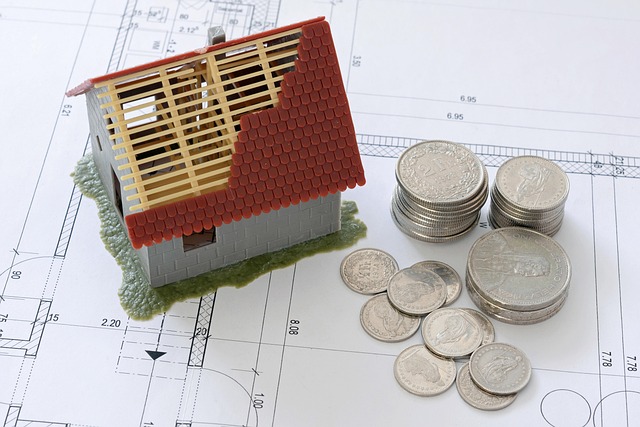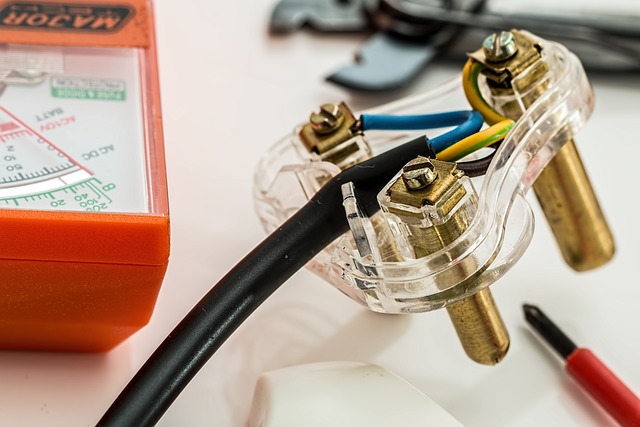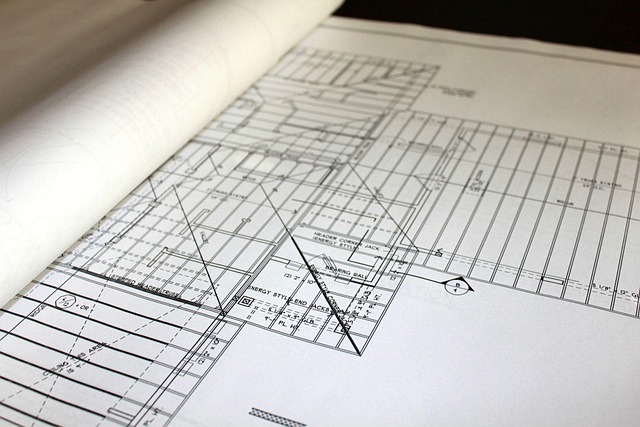Independent contractors engaged in home improvement require accessible and tailored financing options like specialized loans with flexible terms, higher limits, and unexpected expense coverage. Securing these loans involves understanding lender criteria: demonstrating financial history, creditworthiness, and a stable client base. Effective cash flow management enhances approval chances. Contractors can access diverse loan options, including standard personal loans and specialized home improvement loans with lower rates and tax benefits. Careful planning, assessing financial health, researching various contractor-specific options, and preparing comprehensive documentation are key to securing suitable financing for essential projects.
“Unleash Your Home Improvement Dreams: Loans for Independent Contractors. Are you a skilled contractor ready to take on that dream renovation project? Understanding the right financing options is key. This comprehensive guide explores ‘home improvement financing for contractors’, delving into eligibility criteria, various loan types, and strategic steps to secure the perfect match for your ambitious construction plans. Get ready to transform not just homes, but also your financial landscape.”
- Understanding Home Improvement Financing for Contractors
- Eligibility Criteria for Loans: What You Need to Know
- Types of Loans Available for Independent Contractors
- Steps to Secure the Best Loan for Your Home Improvement Project
Understanding Home Improvement Financing for Contractors

Many independent contractors embark on home improvement projects, whether it’s a remodeling job or adding an extension to their property. Accessing suitable financing is crucial for these professionals, as it allows them to take on larger-scale projects and invest in their business growth. Home improvement financing specifically tailored for contractors offers several advantages. These loans often provide flexible terms and higher borrowing limits compared to traditional personal loans, catering to the unique financial needs of self-employed individuals.
Understanding home improvement financing options equips contractors with the tools to make informed decisions. Lenders may offer specialized packages that cover not just construction costs but also potential unforeseen expenses, ensuring a smoother process for these business owners. Such financing can be a game-changer, enabling contractors to transform their clients’ vision into reality while managing cash flow efficiently.
Eligibility Criteria for Loans: What You Need to Know

When it comes to securing loans for independent contractors, understanding the eligibility criteria is paramount. Lenders typically require a detailed look at your financial history and business profile. For home improvement financing, contractors should expect to provide proof of their self-employment status, including tax returns and income statements from previous years. A strong credit score is also essential, as it demonstrates your reliability to repay the loan.
Additionally, lenders will assess the type of work you perform and the stability of your client base. Since independent contractors often work on a project basis, having a solid track record of completed jobs and satisfied clients can enhance your chances of approval. Demonstrating your ability to manage cash flow effectively and meet financial obligations is key to securing home improvement financing for contractors.
Types of Loans Available for Independent Contractors

Independent contractors often face unique financial challenges due to their self-employed status, but fortunately, various loan options are available to help them fund their ventures. When it comes to home improvement financing for contractors, there are several types of loans tailored to meet their specific needs.
One popular choice is the standard personal loan, which can be used for a variety of purposes, including home renovations. These loans typically offer fixed interest rates and flexible repayment terms, making them accessible for contractors looking to enhance their living spaces or invest in business equipment. Additionally, specialized home improvement loans are another option, designed specifically to fund renovation projects. These loans often have lower interest rates compared to traditional personal loans and may come with tax benefits, providing contractors with a more cost-effective financing solution for their DIY endeavors.
Steps to Secure the Best Loan for Your Home Improvement Project

Securing the best loan for your home improvement project as an independent contractor involves a strategic approach. Firstly, assess your financial situation and determine how much you can afford to borrow. This includes evaluating your income, existing debts, and any savings you may have. Understanding these factors will help you establish a realistic budget and loan amount.
Next, research different loan options tailored for contractors, such as home improvement loans or lines of credit. Compare interest rates, terms, and repayment conditions from various lenders. It’s important to look beyond the lowest interest rate; consider the overall flexibility and suitability of each option. Additionally, prepare necessary documentation, including proof of income, identification, and project plans, to enhance your application’s chances and ensure a smoother borrowing process for your home improvement financing.
For independent contractors looking to embark on their next home improvement project, understanding the available loan options is key. By navigating through eligibility criteria and different types of loans, you can secure the best financing for your needs. Remember, the right loan can revolutionize your project, enabling you to transform your clients’ visions into reality. Dive into these insights to ensure a smooth and successful renovation journey.
